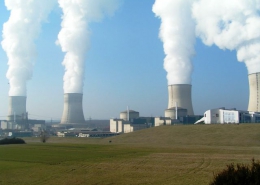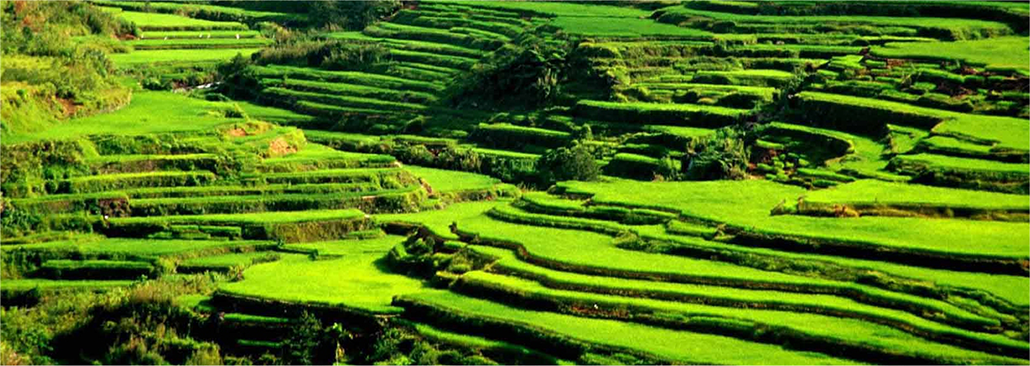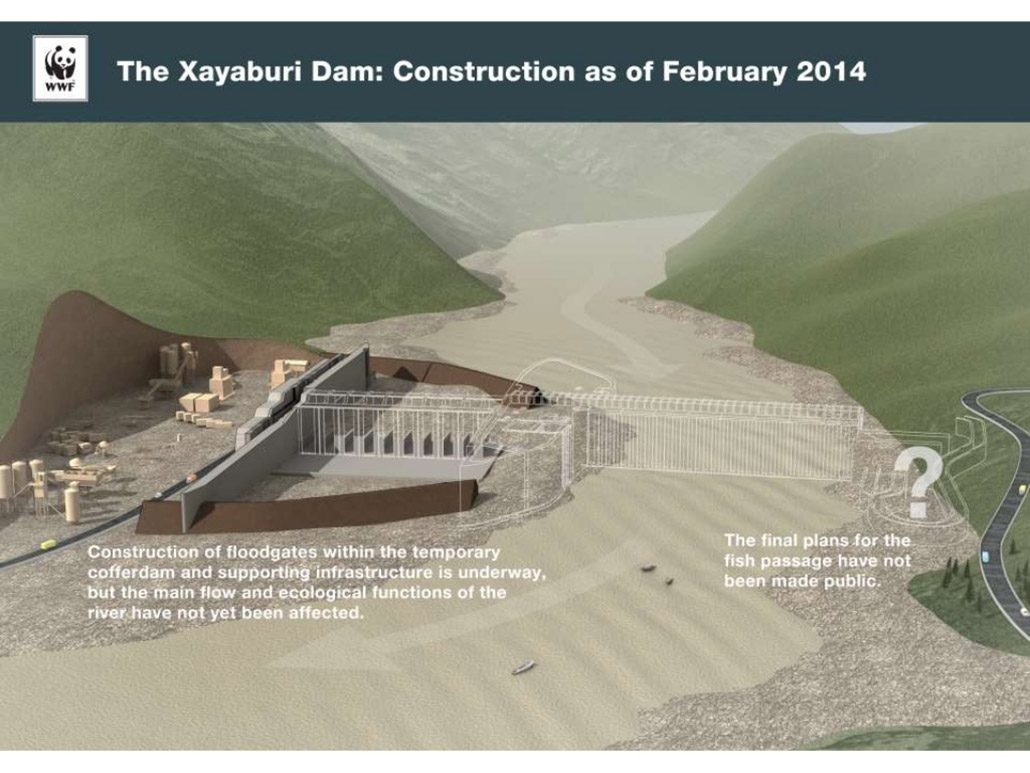Challenges and Opportunities for Climate Adaptation in Thailand Agriculture
Place: Thailand • Dates: 2011-2013 • Partners: FAO, OAE
Project Summary
Emerging evidence strongly suggests that global warming will pose serious risks to livelihoods generally and to agriculture in particular. Even small percentage variation of world temperatures could trigger significant and lasting climate changes, including the spatial and seasonal incidence of precipitation, sea levels, tidal and riverine patterns, the severity and frequency of storms, floods, etc. All these factors have important implications for future food security, and policy makers need to better anticipate them and respond proactively.
Although agriculture in Thailand represents less than 10 percent of current real GDP, this sector still secures Thai livelihoods, and almost 40 percent of population remain directly dependent on agricultural employment. More importantly, the majority of Thailand’s poor reside in the agricultural sector and rely on farming for their subsistence. This group is particularly vulnerable because they lack the information, technology, and financial resources needed to cope with the adverse impacts of climate change. Farmers of all sizes will be affected by climate change, but the rural poor majority will require more activist policy engagement to overcome the many constraints they face. With better foresight regarding anticipated climate impacts, it will be possible to more effectively design and deploy extension services, agro-food R&D, water resource management, labor and education policies to facilitate adaptation. To support the necessary policy innovations, we have developed new capacity for forward-looking economic assessment of climate-agriculture linkages in Thailand. This permits evaluation of different scenarios for Thai economic growth and development in the medium to long term (10 to 50 years), including a spectrum of alternative possible climate trends and policy responses. The present study reports on such an assessment for the rice sector, with a review of historical evidence, projections and identification of climate risk and vulnerability, and a discussion of adaptation options.
Most Recent Entries
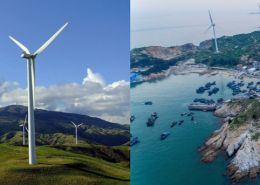
California and China: Leadership for a Low Carbon Future
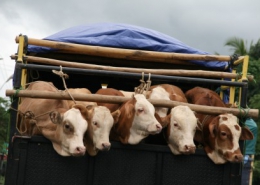
Roadmap on the Prospects for GMS National Scaling and GMS Regional Coordination of Agrifood Traceability Schemes
